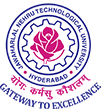|
|
|
|
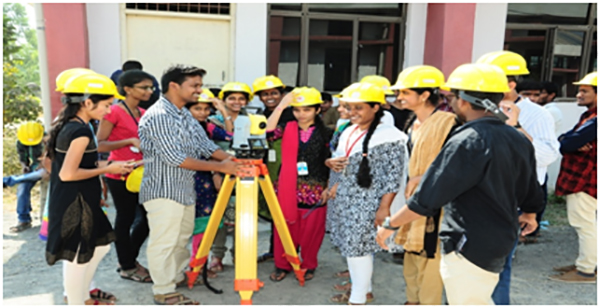 |
|
The Surveying laboratory enables the students to understand and practice the basic principles of surveying by conducting field exercises using a wide spectrum of surveying equipment ranging from traditional dumpy levels, tilting level, compass, transits, plane table and theodolites to the latest electronic auto level, digital theodolite, Total station and GPS. This laboratory covers data collection methods including surveying, profile leveling, contouring,compass traversing, laying out of curves, base line measurement and triangulation.
|
|
Major Equipments
|
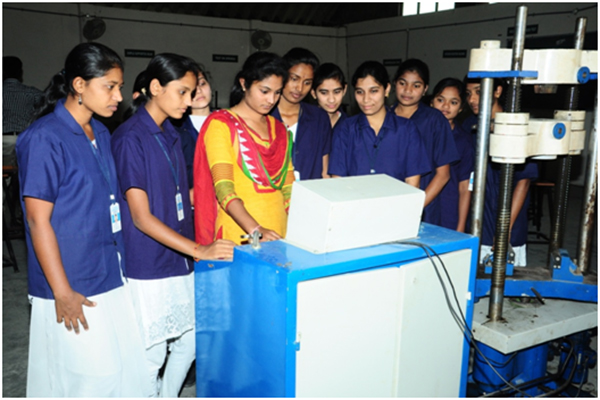 |
|
This laboratory deals with the testing of materials for their strength and stiffness. Building materials such as steel, timber are tested to know their response under applied loads with respect to strength, stiffness, deflection and bending. Student will be exposed to testing of materials and interpretation of test results in terms of material suitability to the intended consruction. This laboratory has got the following tests and equipment. |
|
Major Equipments
|
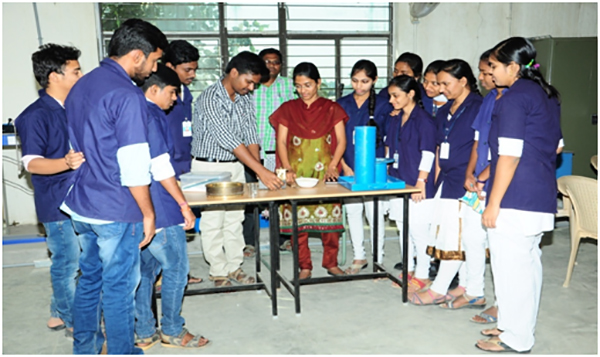 |
|
Soil Testing is an integral part of soil mechanics and foundation engineering. Geotechnical laboratory consists of various equipment to test the soil. In this laboratory the student will be exposed to testing of soil and interpretation towards identification and suitability of soil to different intended construction projects. All physical and engineering properties of soils will be assessed in the laboratory.
|
|
Major Equipments
|
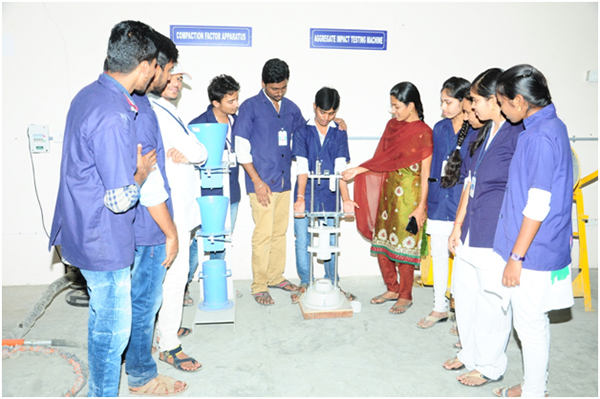 |
|
The testing and inspection of concrete and concrete aggregates are important elements in obtaining quality construction. The laboratory allows the students to test and assess the various fresh and hardened concrete properties that may affect the performance of concrete members. There are many apparatus and machines available at the concrete technology laboratory like Sieve Shaker, Compression Testing Machine (CTM), Flexure Testing Machine (FTM), Compaction Factor Apparatus, Heat of Hydration apparatus, Permeability apparatus etc. |
|
Major Equipments
|
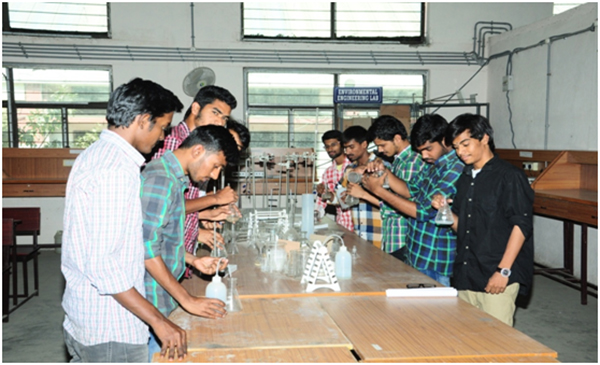 |
|||||||||||||||||||||||||||||||||||||||
|
The Environmental Engineering Laboratory in the Department of Civil Engineering provides good testing, teaching and research facilities. These laboratories are recently constructed and contain modern analytical instruments and facilities to carry out simple to sophisticated experiments i.e. Physico-chemical and Biological parameters testing for Water and Wastewater, Air pollutants testing in stack and environment etc. The Laboratory has sophisticated equipment to analyze pollution parameters in water and waste water, soil and air. |
|||||||||||||||||||||||||||||||||||||||
|
The sophisticated equipment list includes:
|
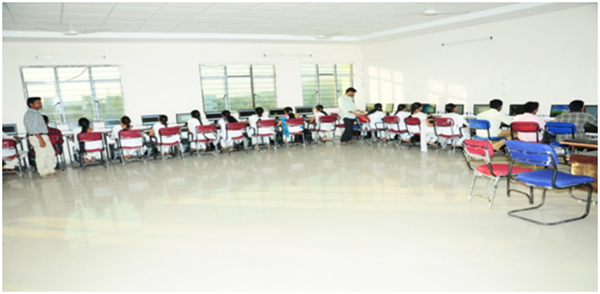 |
|
|
|
Available Software in CAD Lab: |
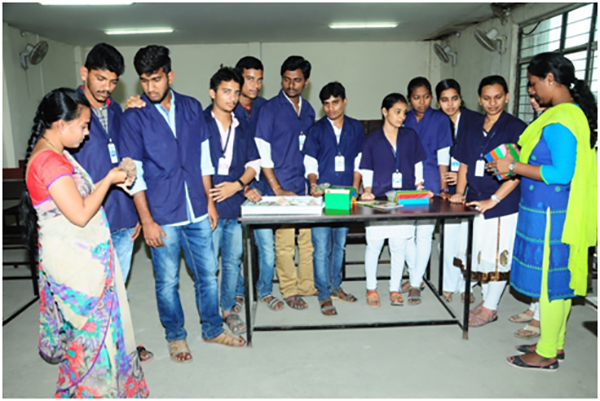 |
|
The identification of different types of rocks, minerals and understanding their behavior are the major objectives of geology. Further, development of cracks, fissures in rocks, their causes and their remedies are to be learnt in this laboratory. |
|
Major Equipments
|
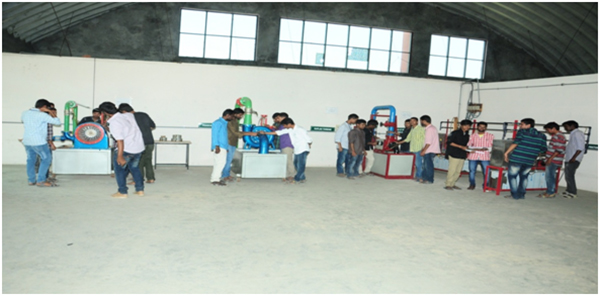 |
||||||||||||||||||||||||
|
The Fluid Mechanics and Hydraulic Machines Lab is an integral part of the Civil Engineering Department, aimed at providing students with hands-on experience and practical understanding of the principles of fluid flow and hydraulic machinery. The laboratory is well-equipped with modern apparatus and experimental setups to reinforce theoretical concepts through real-time observations and experiments.
Major Equipment:
Lab Outcomes:
Applications in Civil Engineering:
This lab forms the foundation for higher studies and professional practice in water resources engineering, making it a cornerstone in the academic development of civil engineering students.
|
